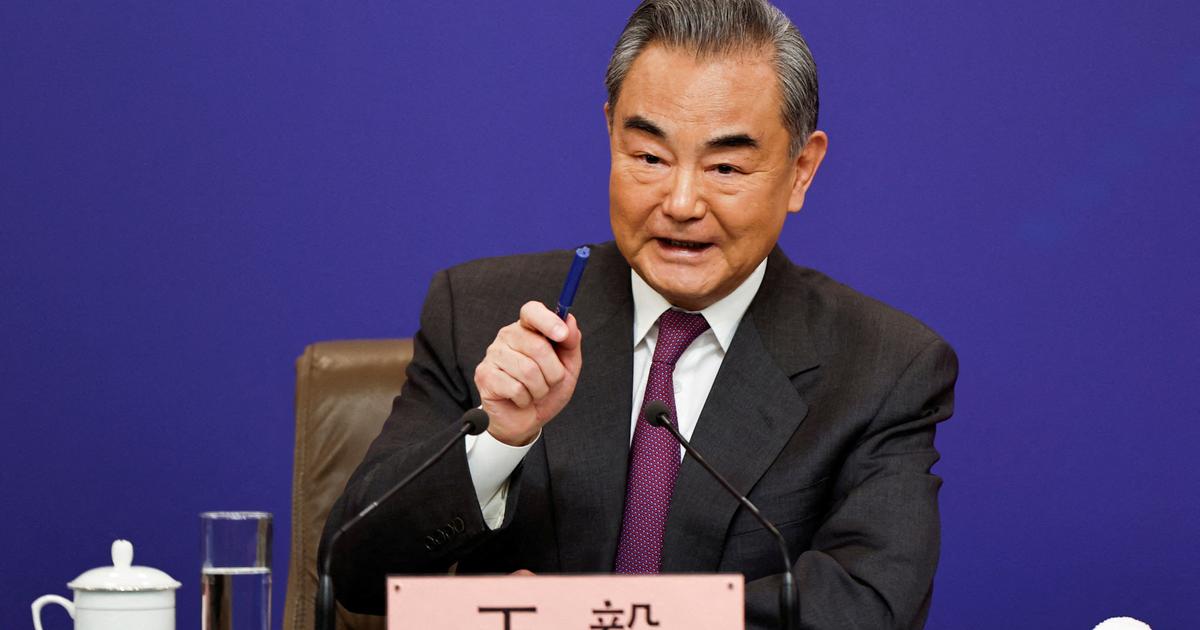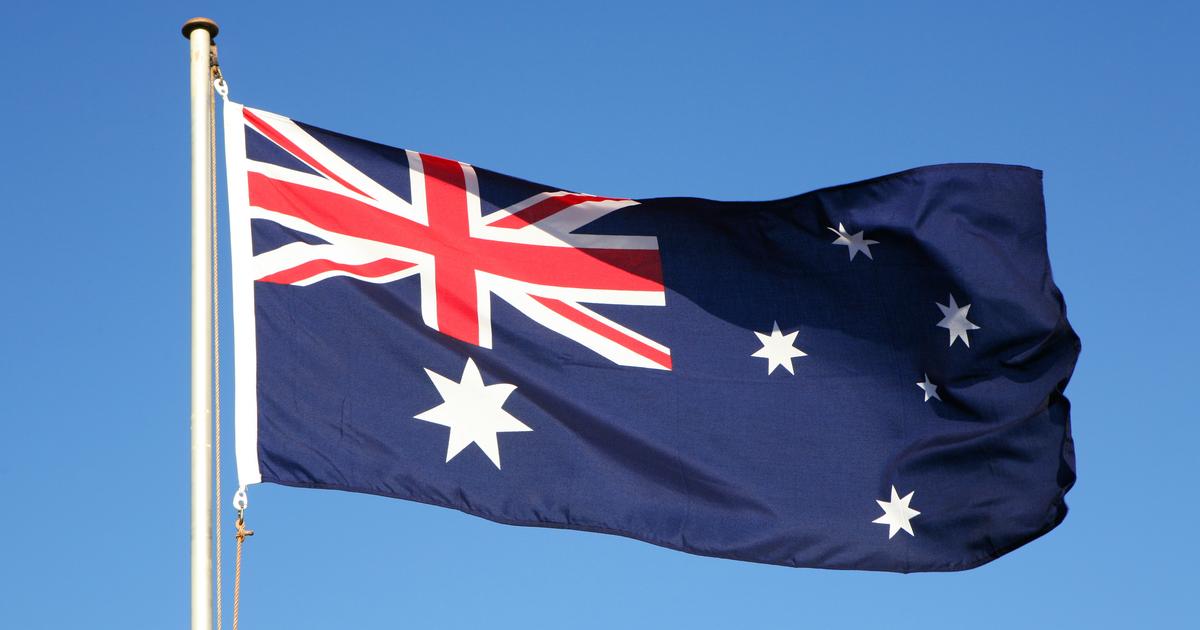Six times in just under two minutes, the new Australian MP Gladys Liu felt compelled to emphasize a matter of course: "For me, the interests of Australia in the foreground," she said in a TV interview a few days ago. The moderator had asked her if she followed the government's line that the spread of Chinese forces in the South China Sea was not legal. He did not get a clear answer.
Another question left Liu in trouble: what she said about the reports that she had been a member of two provincial councils in the People's Republic until just a few years ago? "I do not remember," Liu replied.
The 55-year-old is the first parliamentarian in Canberra born on Chinese soil - Hong Kong Special Administrative Region. Liu has been a citizen of Australia since 1992 and represents a constituency in Victoria where many Chinese immigrants live.
What links does Liu have to the CP in China?
The interview with the TV station was a disaster for them - and fed the concern of many Australians, Beijing could increasingly try to influence the policies of the country. Not only because the MP did not clearly condemn Beijing's desire for power in the backyard of Australia, as its party colleagues do.
Also on the second question had to improve the day after the interview Liu: She had a "role of honor" held in one of the Chinese councils in question, she acknowledged in a statement. This association reported to the State Council, China's supreme administrative authority.
Liu replied that such items were unfortunately also forgiven by the Chinese government without the knowledge of the person concerned. She will now check in which contexts her name is listed. Critics now accuse her of belonging to the "propaganda arm" of the Communist Party.
Lukas Coch / EPA-EFE / REX
Australian Prime Minister Scott Morrison and MP Gladys Liu
She was defended by her party colleague from the Liberal Party, Australian Prime Minister Scott Morrison. Liu is new in office and still inexperienced, she just gave an unfortunate interview, he said.
"The most important trading partner is also the most difficult"
The "dirt campaign", which is now being driven against them, is racially motivated. In fact, in recent years, the antipathy to Chinese influence in Australian society has been aggravated once again, says Heribert Dieter, visiting professor at the University of Hong Kong.
The Australians are benefiting from the economic boom in China, about one third of Australia's exports go to the People's Republic. The economic dependence puts the government in Canberra but in an uncomfortable situation: "The most important trading partner is also the hardest partner," says Dieter.
Australia is now regarded as the "experimental field" of the Chinese. Here you can see how far Beijing is ready to go with its intervention policy - which it would never tolerate on Chinese soil.
Chinese influence goes far into Australian society. It is evident in the universities of the country, where more than 100,000 Chinese students study - and pay high tuition fees. Only a few weeks ago, the Australian government officially set up a working group to study China's role in teaching institutions.
In connection with the protests in Hong Kong it could come to "self censorship" of students and university coworkers, so the presumption. According to a report by the Reuters news agency, Chinese forces are also behind a cyber attack on the Australian parliament earlier this year.
"There is much evidence of the skepticism of the Australians," says Dieter. The hitherto most serious case was that of Social Democrat Senator Sam Dastyari. He was considered a political hope until 2016 became public that the company of a Chinese billionaire had probably taken over bills from him.
"Shanghai Sam" and China's influence on politics in Canberra
A few months later Dastyari defended the military action of the Chinese Navy in the South China Sea - many evaluated this as evidence of influence on him. Today's Prime Minister Morrison taunted the conservative politician as "Shanghai Sam". In 2017, Dastyari resigned from his political post. The same he now demanded in an interview with the British "Guardian" of Liu.
In the meantime, Canberra has passed legislation that seeks to stem interference by foreign governments:
- Although it does not directly prohibit financial contributions to politicians from abroad, it does require that foreign interest representatives register on a public list.
- In addition, the law makes it illegal to try to implement the interests of foreign governments in Australian politics. The punishment provided for it: Prison - up to 20 years.
The Australian government also distances itself from Beijing by rejecting Chinese investment in sensitive areas, such as electricity grids, gas pipelines or telecommunications companies. Canberra also does not want to give large-scale agricultural areas to Chinese investors, nor does it want to expand the 5G network in the country.
Warning of "hyper anxiety" in front of China
However, the discussions on dealing with China also have an impact on the growing Chinese community in Australia. Former Foreign Minister Gareth Evans lamented the tone of the media coverage of the Liu case at a business summit. It is a "hyper-fear" stoked before China, he said before participants a "Guardian" report. This makes it almost impossible for people with Chinese roots in the country to progress professionally in areas that are only marginally relevant to security. "This is an environment of fear and panic, and that has to stop," he said.
However, Chinese diplomats also occasionally contribute to the Australian rejection. The embassy in Canberra, for example, brusquely rejected the law against influence by foreign governments, which did not exclusively target Beijing.
Moreover, the ambassador made it clear that the People's Republic could also source its raw materials from sources other than Australian exports. "That has arrived in the Australian public very bad," said Dieter. Thus, the Chinese government rather nourish the antipathy, instead of reducing it.




/cloudfront-eu-central-1.images.arcpublishing.com/prisa/GZBJJXO3EZE2HLSP5ZRRKYYYOY.JPG)










